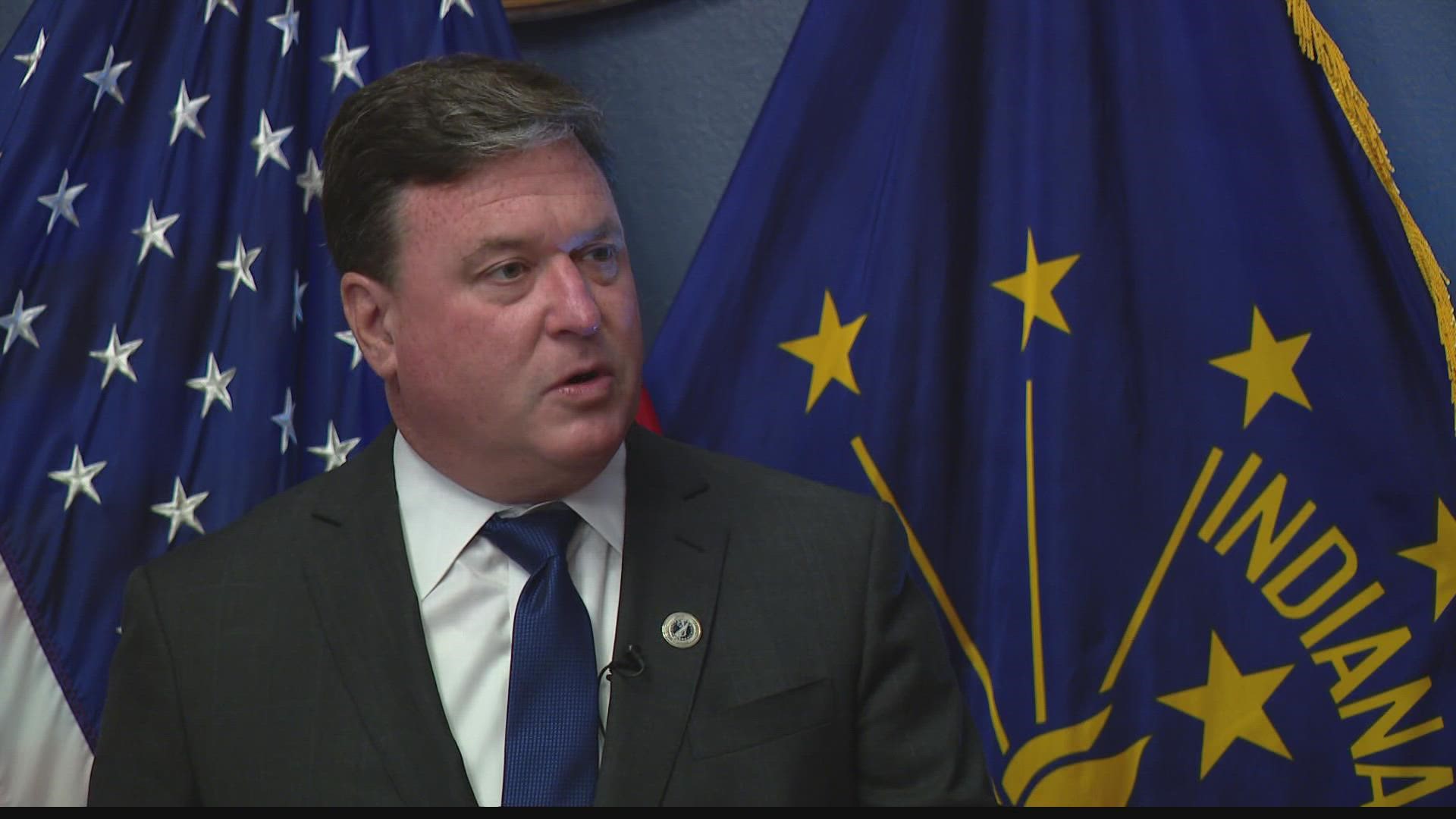INDIANAPOLIS — Indiana's attorney general announced a settlement Friday with Frontier Communications over slow internet speeds.
Indiana was among six states that joined the Federal Trade Commission in a lawsuit last May, claiming the company was not delivering the internet speeds it promised and charging customers for a more expensive service than they were receiving.
Attorney General Todd Rokita announced Friday that a $15 million settlement had been reached with Frontier.
“Hoosiers shouldn’t be forced to pay for high-speed internet in exchange for slow service,” Rokita said in a release. “Particularly with many individuals working remotely from their homes, consistent and reliable telecommunications are vital to Indiana’s economy.”
The attorney general said the court declined to hear Indiana's claims in the lawsuit, but his office continued to press Frontier with his concerns about their services.
The complaint concerned DSL internet, which is transmitted over copper telephone wires, mostly to rural areas. Thousands of customers said they could not use the internet service for online activities they should have been able to use it for.
Under the settlement with the Indiana attorney general, Frontier will spend $15 million over four years to improve its internet infrastructure in the state. The company must also review their internet speeds and provide options to customers to reduce their service plan if their current plan promises higher speeds than what is being provided.
After a grace period to correct discrepancies in their advertised internet speed and the actual speed delivered to Indiana customers, Frontier will be required to credit billing charges to customers who do not receive at least 90% of the maximum advertised speed, unless the customer opts not to subscribe to the lower speed tier. It must also credit customers if it fails to provide them at least 100% of the speed they were promised, the attorney general's office said.

